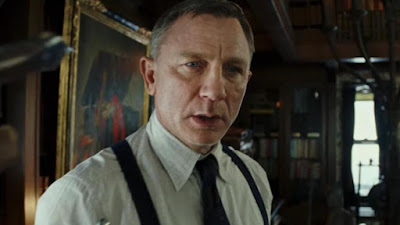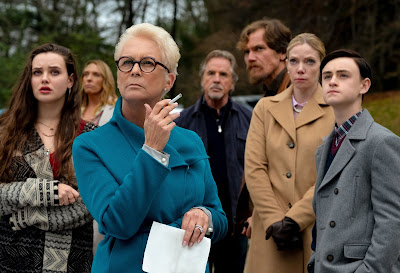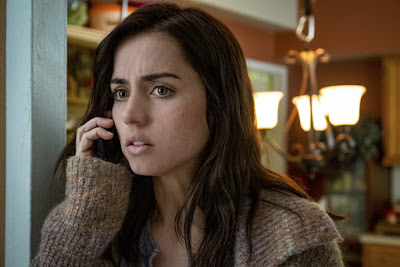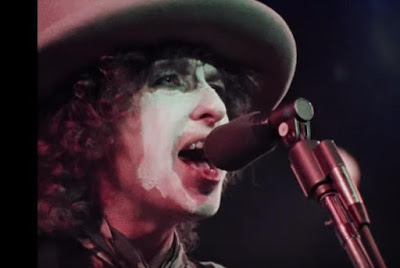...Exhibitors’ intentions will still need to clear the authorities in key places like New York City, Los Angeles County, and the city of San Francisco. Theater sources claim they expect to be allowed to operate by July 10, but the really meaningful date is July 24 — and in any event, those major-city locations typically represent less than 10 percent of the total national business.So this was expected to be the month movie theaters would reopen nationwide after the quarantine forced a temporary shutdown—and it may still happen. No matter when it does, the fact is it has to happen; too much money is at stake for the studios, the filmmakers, the distributors and the theaters themselves to remain out of business for much longer, and while professional sports like the NBA and the NHL tentatively plan to restart without audiences, Hollywood still needs the theaters and the patrons that come with them.
Last month, AMC announced its reopening plan, which includes social distancing protocols and an aggressive cleaning strategy called Safe & Clean:
...Seat capacity restrictions, social distancing efforts, commitments to health, new intensified cleaning protocols, contactless ticketing and expanded mobile ordering of food & beverages are all vital elements of AMC Safe & Clean. Importantly, too, we also have invested millions and millions of dollars in high tech solutions to sanitation, disinfection and cleanliness, such as the ordering of electrostatic sprayers, HEPA filter vacuum cleaners and MERV 13 air ventilation filters wherever we can.After some controversy on whether or not masks would be mandatory for patrons, AMC decided to insist on requiring masks. Other chains are following suit.
Here in NYC, the second phase of our reopening plan is in effect, although movie theaters are not officially included in this phase, and won’t be for awhile. I don’t need to explain to you how vital the New York market is. This is all uncharted territory, so things could change even more than they already have... but for now, let’s look at some of what we’ll see when we do come back to the theaters. Links to the trailers are in the titles.















































